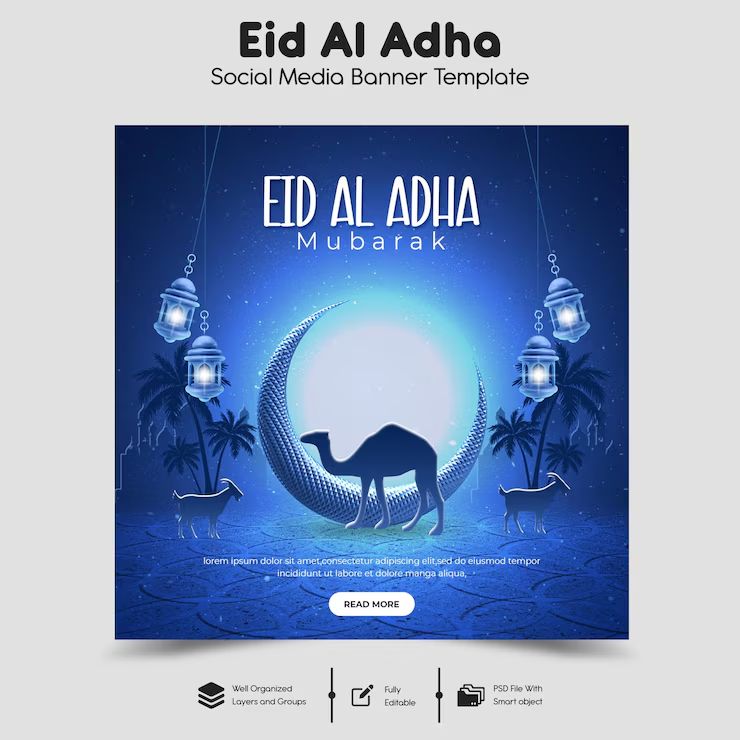The growing popularity of Quran competitions worldwide has sparked important discussions within the Muslim community. These events, which test skills in Quranic recitation, memorization, and interpretation, aim to encourage engagement with the holy text. However, questions arise about their permissibility in Islam. Are such competitions halal or haram? This article examines the Islamic rulings, potential benefits, and concerns surrounding Quran competitions.
Understanding Quran Competitions
Quran competitions typically involve participants demonstrating their skills in one or more areas:
-
Recitation (Qira’ah): Judges evaluate proper pronunciation (Tajweed) and sometimes melodic delivery.
-
Memorization (Hifz): Contestants recite verses from memory, often under strict conditions.
-
Interpretation (Tafsir): Some competitions test understanding of Quranic meanings.
These events often include prizes, scholarships, or public recognition, leading to concerns about intentions and Islamic etiquette.

Arguments Supporting Quran Competitions
Encouraging Quranic Engagement
Many scholars permit Quran competitions because they motivate Muslims, especially youth, to study and excel in Quranic sciences. The Prophet Muhammad (peace be upon him) encouraged healthy competition in good deeds, as narrated in Sahih Muslim.
Historical Precedents
There are instances where the Prophet (peace be upon him) appreciated beautiful Quranic recitation. A hadith in Sunan Abu Dawood mentions the importance of beautifying the Quran with one’s voice, suggesting that excellence in recitation is commendable.
Permissibility of Rewards
Scholars argue that offering prizes in Quran competitions is permissible if the primary goal is encouragement rather than material gain. Historical Islamic practices, such as racing competitions with rewards, support this view.
Concerns About Quran Competitions
Risk of Showing Off (Riya)
A major concern is that participants may recite the Quran to impress judges or audiences rather than for Allah’s sake. The Prophet (peace be upon him) warned against minor shirk, including showing off in worship.
Improper Judging Criteria
Some competitions prioritize melodious voices over correct Tajweed, potentially leading to incorrect recitation. The Quran must be recited as revealed, and altering pronunciation for artistic effect is problematic.
Excessive Competition and Pride
If competitions foster arrogance or rivalry, they contradict Islamic teachings. The Prophet (peace be upon him) emphasized humility, stating that even an atom’s weight of pride could prevent entry into Paradise.
Scholarly Opinions
Permissible with Conditions (Majority View)
Most contemporary scholars, including those from Al-Azhar and Saudi Arabia’s Permanent Committee, allow Quran competitions under certain conditions:
-
The intention must be to promote Quranic knowledge.
-
Tajweed rules must be strictly followed.
-
Prizes should be modest and not the main focus.
-
Participants must avoid arrogance and showing off.
Discouraged or Prohibited (Minority View)
Some scholars discourage Quran competitions due to concerns about sincerity, incorrect recitation, and commercialization. However, they do not declare them outright haram unless clear violations occur.
Guidelines for Islamically Acceptable Competitions
To ensure Quran competitions remain within Islamic boundaries, organizers and participants should:
-
Prioritize Correct Tajweed: Judges must focus on accuracy rather than vocal beauty.
-
Encourage Sincere Intentions: Remind participants to recite for Allah, not for prizes.
-
Avoid Extravagant Rewards: Keep prizes modest to prevent greed.
-
Promote Brotherhood: Emphasize learning over rivalry.
-
Select Qualified Judges: Only experienced scholars or Huffaz should evaluate recitations.
Final Verdict
Quran competitions are not inherently haram, but they can become problematic if participants prioritize fame over sincerity, neglect Tajweed rules, or develop arrogance. When conducted with proper intentions and adherence to Islamic principles, these events can be a beneficial means of promoting Quranic education.
Conclusion
While Quran competitions can effectively encourage Quran memorization and recitation, they must be approached with caution. The focus should always remain on pleasing Allah rather than seeking worldly rewards. By following Islamic guidelines, such events can be both permissible and spiritually rewarding.
Would you participate in a Quran competition? Share your thoughts in the comments.


